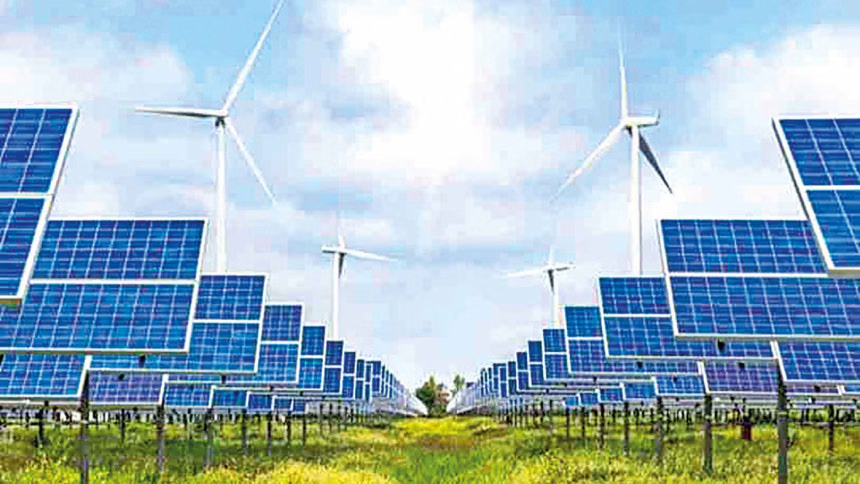 Image Source: The Daily Star
Image Source: The Daily Star
Summit Power International, one of Bangladesh’s leading energy conglomerates, has acknowledged the country’s limited potential for large-scale renewable energy development and confirmed active negotiations with Indian companies to import clean electricity. The announcement comes amid growing pressure on South Asian nations to decarbonize their energy portfolios and meet ambitious climate targets.
Speaking to media outlets and industry analysts, Summit Group Chairman Muhammed Aziz Khan emphasized that Bangladesh’s geographic and demographic constraints make domestic renewable expansion a formidable challenge. “With only 55,000 square miles of land and a population of over 170 million, we simply don’t have the space to build utility-scale solar or wind farms,” Khan stated.
Landlocked by Density: Bangladesh’s Renewable Dilemma
Bangladesh is one of the most densely populated countries in the world, and its land is heavily utilized for agriculture, housing, and industrial development. This leaves little room for expansive solar parks or wind corridors. According to government data, renewable energy accounts for just 4.5% of Bangladesh’s total installed capacity of 22,215 MW, with solar contributing the lion’s share.
Despite these limitations, the country has set ambitious targets: 15% renewable energy by 2030 and 40% by 2041. However, experts warn that without innovative solutions—such as rooftop solar, floating solar, and cross-border imports—these goals may remain aspirational.
Summit Power’s pivot toward regional clean energy imports reflects a pragmatic approach to overcoming domestic bottlenecks. “We’ve signed memorandums of understanding with large Indian companies. This will be the cheapest form of electricity for Bangladesh, cheaper than even natural gas-based power,” Khan explained.
Cross-Border Collaboration: India, Bhutan, and Nepal in the Mix
Summit Power is currently in discussions with Indian energy giants, including Tata Power Renewable Energy Ltd, to source electricity from solar and hydro projects across the border. The company had previously signed preliminary agreements to import up to 1,000 MW of renewable power from India, and is also exploring hydroelectric ventures in Bhutan and Nepal as part of a $3 billion regional clean energy investment plan.
However, recent regulatory changes in India have complicated the landscape. New Delhi amended its power export rules to allow generators—previously obligated to export all output—to sell domestically. This shift has prompted Summit to renegotiate terms and reassess risk exposure.
“After the policy change, my partners in India might be more willing to sell in India. Our company will be investing in transmission in Bangladesh and we will have to assume more risks,” Khan noted.
Policy Uncertainty and Political Shifts
The timing of India’s regulatory pivot coincides with political upheaval in Bangladesh, including the recent departure of Prime Minister Sheikh Hasina amid nationwide protests. This has added another layer of uncertainty to Summit’s regional energy strategy.
Khan expressed concern over the volatility: “Such quick changes in policies are always a matter of concern as they have long-term implications,” he said, referring to India’s rule change and the shifting political climate in Bangladesh.
Despite these challenges, Summit Power remains committed to clean energy investments. The company is evaluating whether to delay certain projects until there is more policy clarity, while continuing to invest in domestic transmission infrastructure to support future imports.
Outlook: A Regional Grid for a Greener Future
Summit’s strategy underscores the importance of regional cooperation in South Asia’s energy transition. By leveraging the renewable potential of neighboring countries, Bangladesh can reduce its carbon footprint without compromising energy security.
Industry analysts believe that cross-border clean energy trade could become a cornerstone of South Asia’s decarbonization efforts, provided that regulatory frameworks are harmonized and political stability is maintained.
As Summit Power navigates these complexities, its actions may set a precedent for other energy firms in the region seeking to balance sustainability with feasibility.
Sources: ET EnergyWorld, BusinessCloud, EnergyNews.Pro
Advertisement
Advertisement







